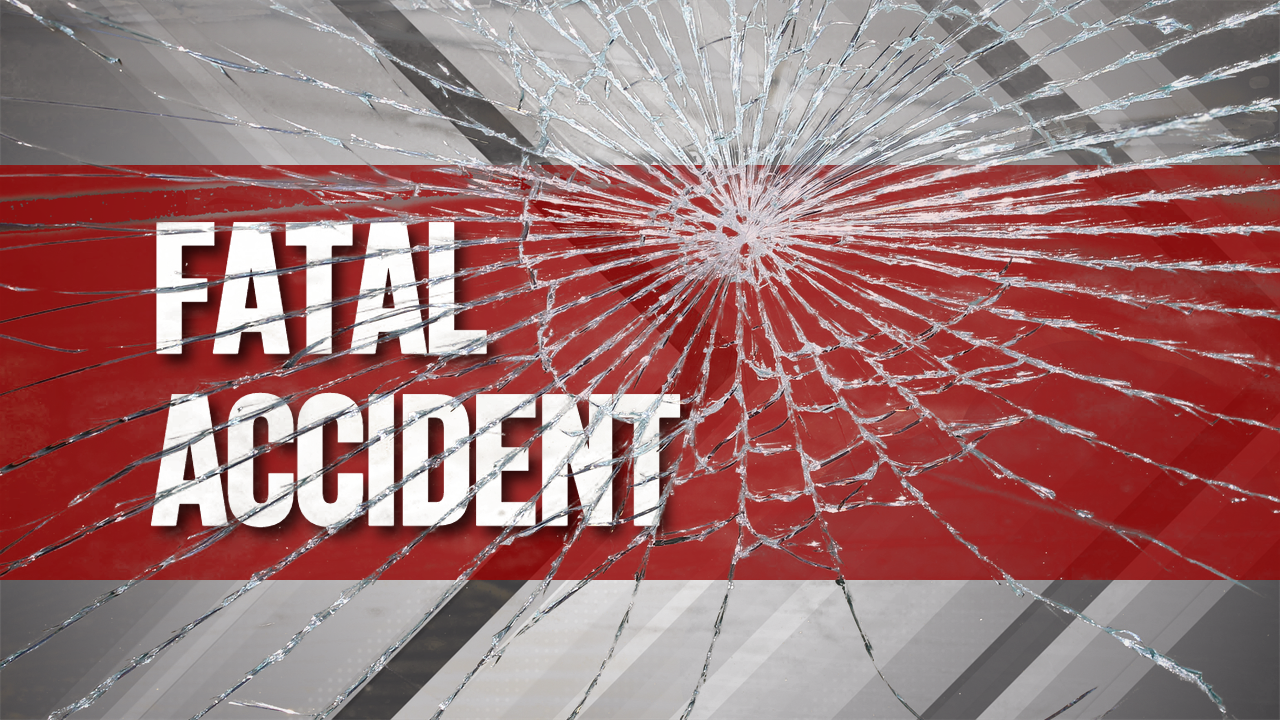 JHVEPhoto/iStockBY: ADAM KELSEY, ABC NEWS
JHVEPhoto/iStockBY: ADAM KELSEY, ABC NEWS
(NEW YORK) — As the first United States shipments of the Pfizer-BioNTech coronavirus vaccine set out across a beleaguered nation ravaged by nine months of illness and death, the leader of the agency responsible for authorizing the immunization for emergency use, maintained Sunday that the authorization was made as quickly as possible, despite claims to the contrary by President Donald Trump.
“We do not feel that this could have been out a week earlier,” Dr. Stephen Hahn, the FDA commissioner, countered on ABC’s “This Week.” “We went through our process. We promised the American people that we would do a thorough review of the application and that’s what we did. We followed our process.”
In an interview with Fox News that aired Sunday morning, Trump, after seeming to take credit for the speed of the vaccine’s development, said that the Food and Drug Administration could have authorized the shot for emergency use “last week.”
“They could have even done it a week sooner,” the president continued.
Noting the pressure Trump and his administration have placed upon the FDA in recent weeks, “This Week” Co-anchor Martha Raddatz challenged Hahn about a Friday report — since denied by the commissioner — that his job was threatened over the speed of the vaccine’s authorization.
“When President Trump tweeted at you last Friday, “Get the dam [sic] vaccines out NOW” — I know you have said that you were not threatened with being fired, but did Chief of Staff Mark Meadows call you and say, ‘hurry up?'”
“We have, from the beginning, Martha, said that the only thing that’s going to matter in this is the science and data,” Hahn said. “Of course, we’ve been asked to speed this process as much as possible.”
The FDA did ultimately authorize the Pfizer-BioNTech vaccine for emergency use — which had already been authorized in the United Kingdom — Friday, making it the first COVID-19 immunization available in the United States. 2.9 million doses of the vaccine are now being distributed to 636 sites in all 50 states across the country, with the first shipments expected to arrive Monday morning.
But while experts have hailed the rapid vaccine development, widely viewed as a crucial step to end the coronavirus pandemic, there is concern that rampant skepticism about immunization safety could allow for the virus’ continued spread. Recent polls have found that between 25% to 40% of Americans do not want to receive a COVID-19 vaccine.
“What kinds of problems do those numbers present?” Raddatz asked Hahn Sunday.
“That is a significant problem,” the commissioner said. “If you think about how we get out of this pandemic, we have to continue our mitigation efforts right now, that is so important, mask-wearing et cetera. But the way we see light at the end of the tunnel, the way we get through this, is to achieve herd immunity.”
According to National Institutes of Health Director Francis Collins, 80% to 90% of the population will need to be vaccinated to achieve herd immunity, or widespread protection from the disease due to the inability to contract or be affected by it.
“That means we need to vaccinate a significant number of people in this country, including those who are hesitant,” Hahn continued Sunday. “We need to address their fears and concerns. We need to roll this out in a way that provides confidence to people. But we also need to be transparent. What do we know? What do we [not] know?”
Among concerns raised by the public are incidences of allergic reactions to the Pfizer-BioNTech vaccine in the U.K., as it administered its first doses last week. As a result, people in that country with a history of any severe allergic reactions are being advised not to take the shot.
“This is why we do a line-by-line assessment of the data,” Hahn said when asked about that warning. He added that allergic reactions were not seen among subjects of the clinical trials, but that the public’s safety is the FDA’s priority and it was following the U.K.’s lead, in part, by issuing an advisory for those with allergies related to vaccine ingredients. “We put in our label that those who have any evidence of severe allergy to any component of this Pfizer-BioNTech vaccine should not receive it. However, we also, out of an abundance of caution, have asked at the distribution sites the available dose of medicines that might be necessary to address it.”
Upon the recommendation of a Centers for Disease Control panel, health care workers and residents and employees of long-term care facilities are to be the first groups of people immunized this week, but with some officials noting that the first vaccine shipments will not contain enough vials to entirely provide for those populations, Raddatz asked Hahn when more doses would be available, including for the general public as a whole.
“I am aware that many in U.S. government are working very closely with Pfizer and other developers to try to get as much out there as possible,” Hahn said, describing it as an “all-hands-on-deck” situation. “We at FDA, what we’re doing is we’re working in terms of making sure that the supply chains are the precursors. So, anything we can do to expedite, we will absolutely do that.”
Copyright © 2020, ABC Audio. All rights reserved.



